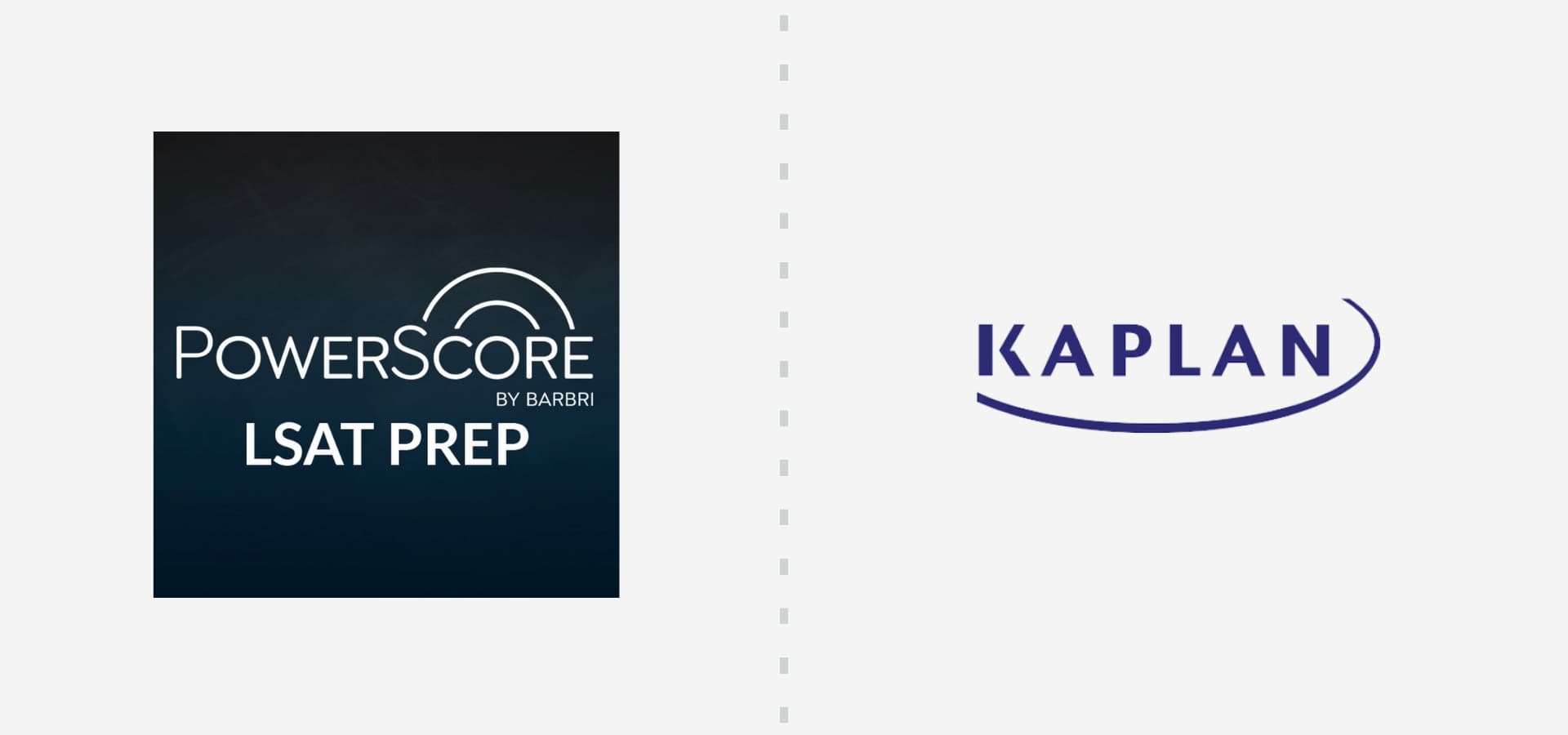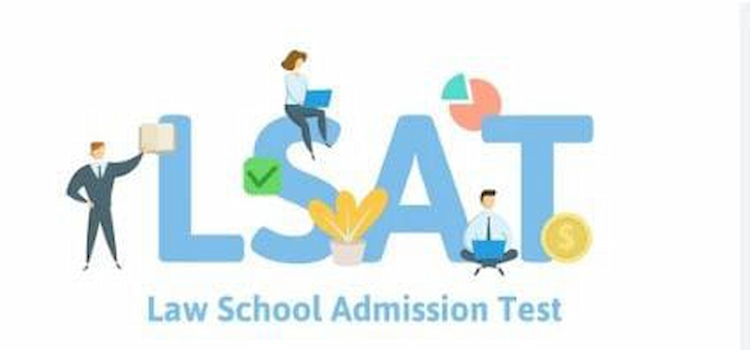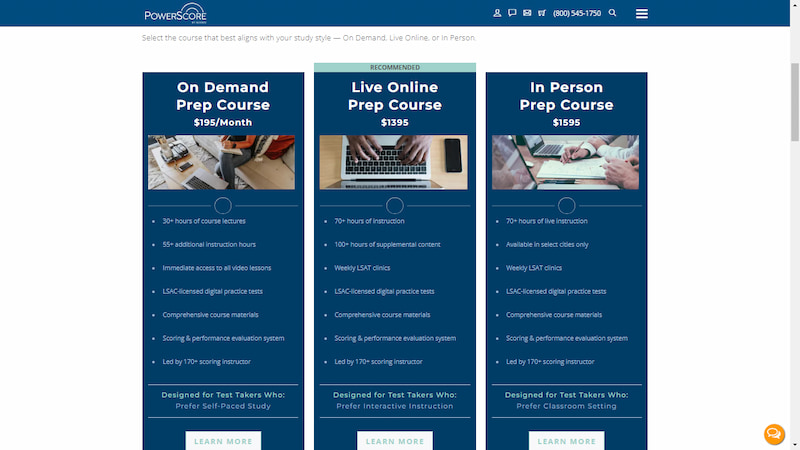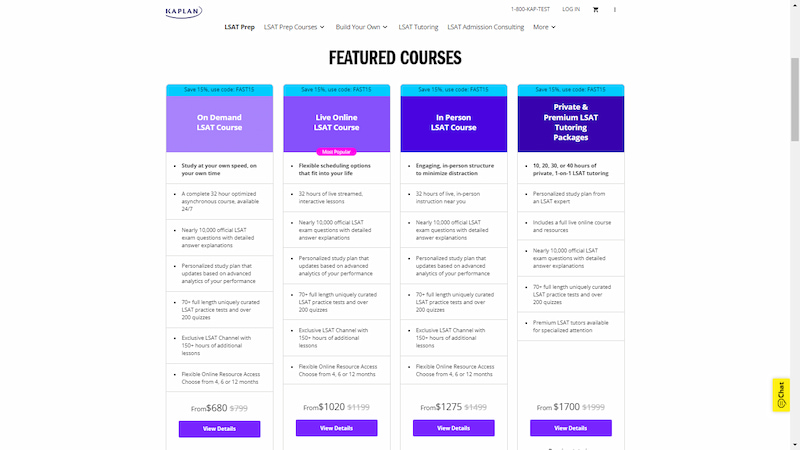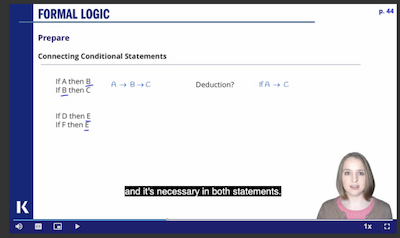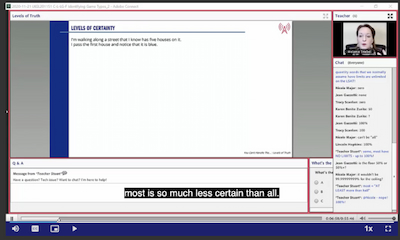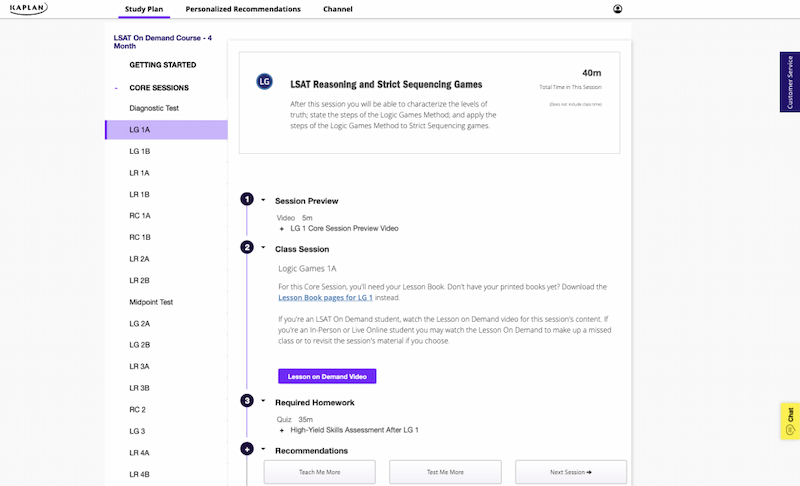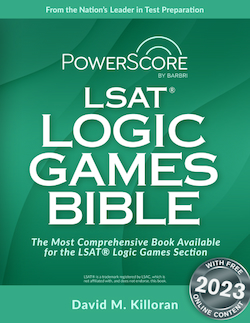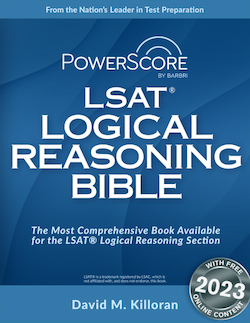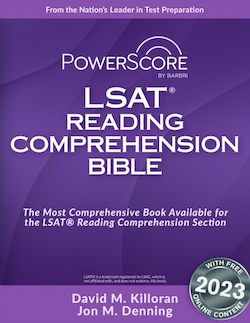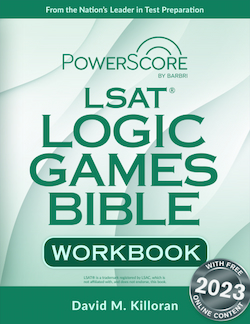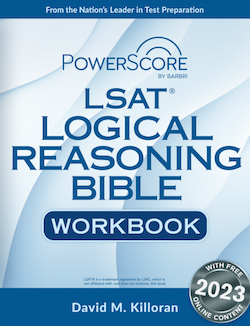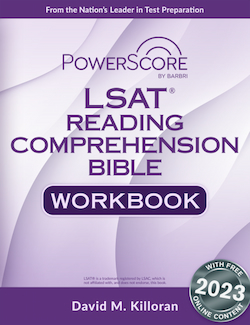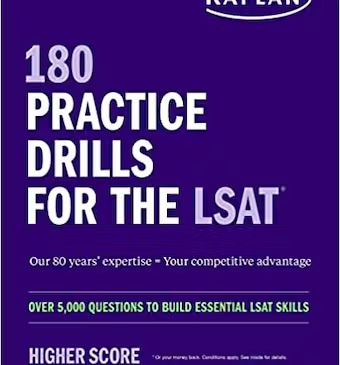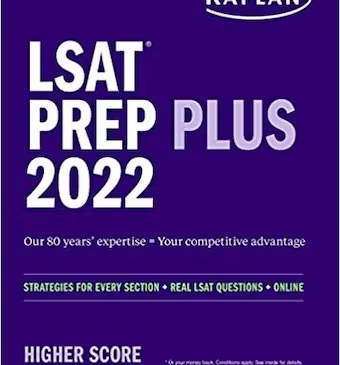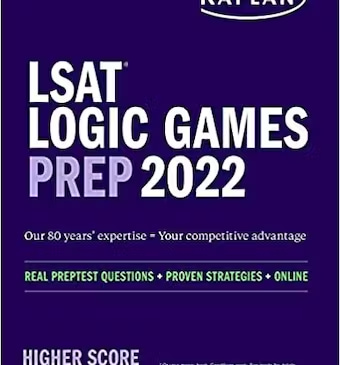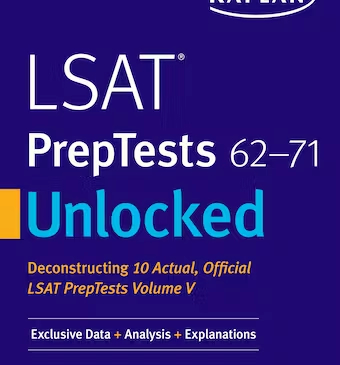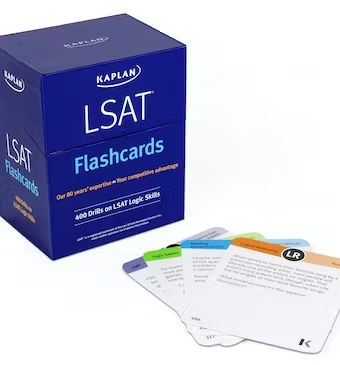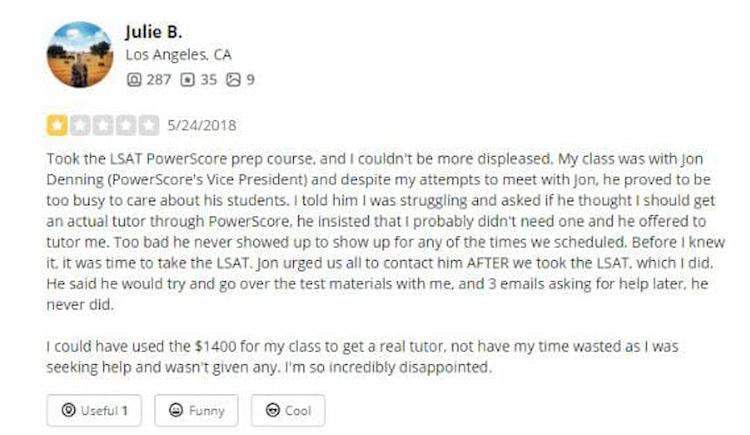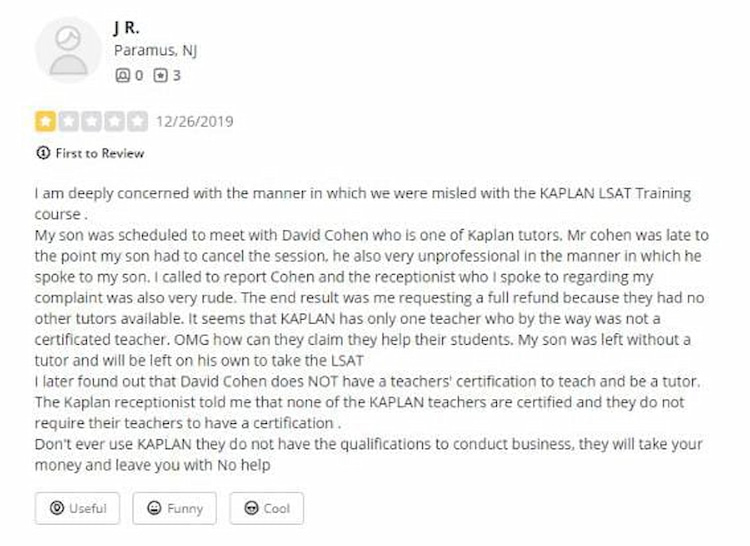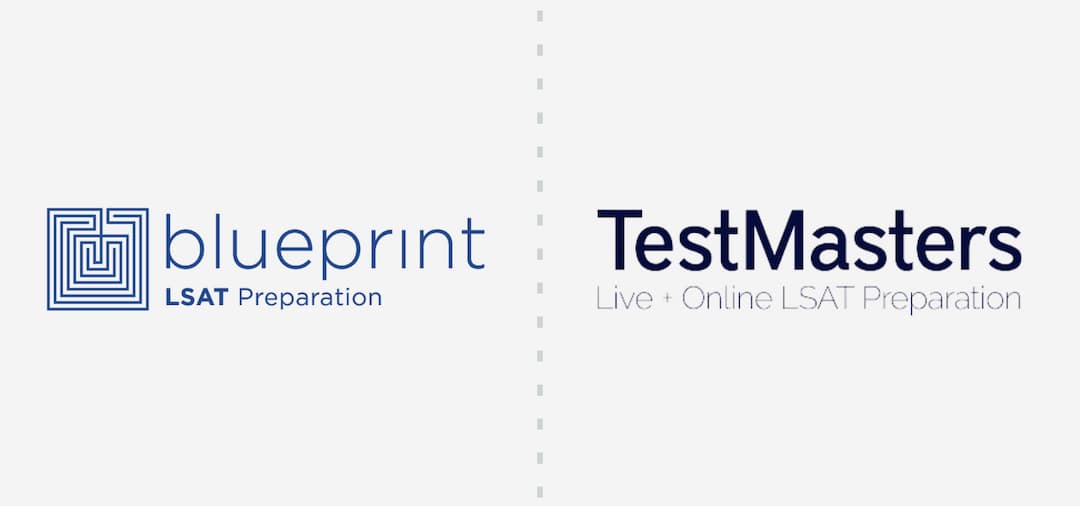Looking to conquer your LSAT prep? Wondering whether to go with PowerScore or Kaplan?
Well, it’s time to take a chill pill because this review delved into both PowerScore and Kaplan LSAT courses. I’m aware of the uncertainties involved in making the right choice, and I’m here to spill the beans and help you make the right decision based on your learning preferences.
In this in-depth comparison, I will compare both platforms, including their key features, price tiers, quality, value for money, and even their major drawbacks. So, if you’re ready to dive deep, stay tuned for my breakdown of PowerScore vs. Kaplan LSAT courses.
Looking into LSAT prep courses, I delved into detailed reviews of both Kaplan and PowerScore, aiming to find the right fit for my journey. The battle of Kaplan vs PowerScore drew me in, and here’s what I discovered. Before we proceed, I want you to know that we’ve got in-depth reviews lined up separately for both PowerScore and Kaplan.
In my experience, each has its own vibe. Regarding Kaplan, its reputation as an industry leader in test prep is hard to miss with personalized progress tracking, study plans, and a range of packages.
On the other hand, PowerScore offers online and in-person courses led by seasoned instructors. Its track record and access to top-notch learning resources are something that cannot be ignored.
You’re probably a smart student who wants a quick verdict on which platform is the best. Well, you must understand that an ideal choice is based on what you seek.
The main differentiators between Kaplan vs. PowerScore LSAT are:
- Kaplan has almost ten thousand published LSAT questions, whereas PowerScore has over seven thousand.
- Kaplan offers a higher score guarantee, while PowerScore offers a free remedial class.
- PowerScore provides 92 total practice exams, including 40 authentic LSATs, whereas Kaplan gives 70+ full-length practice tests.
- Kaplan’s pricing options are slightly more expensive when compared to PowerScore.
Overall Comparison: Kaplan vs PowerScore
|
Key Features |
PowerScore LSAT |
|
|
Course Delivery |
On-Demand, Live Online, or In Person. |
On-Demand, Live Online, or In Person. |
|
LSAT practice questions |
Nearly 10,000 official LSAT practice questions with detailed answer explanations. |
Access to all released LSAT questions (7000+). |
|
LSAT practice test |
70+ full-length uniquely curated LSAT practice tests and over 200 quizzes. |
Offers 92 LSAT practice tests, including 40 official LSATs and 52 created by PowerScore. |
|
Instructor Interaction |
Classroom-style setting with lectures and interaction. |
Extensive instruction hours with study books. |
|
Personalized Study Plan |
Personalized study plans that update based on advanced analytics of your performance. |
Personalized 1×1 online sessions. |
|
Feedback and Support |
Offers personalized feedback through Smart Reports™ on practice exams. |
Provides support via Instant Messenger, Email, and Telephone Hotline. |
|
Higher score guarantee |
Yes |
No |
So, Which One is Better Today?
In comparing Kaplan and PowerScore LSAT courses, I’ve found notable differences. Kaplan offers in-person or live online classes, including 10,000 practice questions and 70+ full-length practice tests. One-on-one time with instructors and personalized study plans enhance learning. Their higher score guarantee boosts confidence.
PowerScore, however, stands out with comprehensive pre-recorded video lessons and 92 practice tests, including 40 official LSATs. They emphasize instructor interaction and provide personalized 1×1 tutoring and study plans. The added support via messenger, email, and hotline is a plus.
While both options have strengths, Kaplan’s live setting and tailored analytics appeal to certain learners, while PowerScore’s thorough video lessons and guaranteed improvement offer a unique advantage for others. Choosing between them depends on individual learning preferences and goals.
Key Features of Platforms for You
Analyzing the key features of Power Score vs Kaplan is crucial before making a choice. In my experience, each platform offers distinct advantages. By comparing these features, I can ensure I pick the best platform to excel in my LSAT journey.
Key features of Kaplan LSAT:
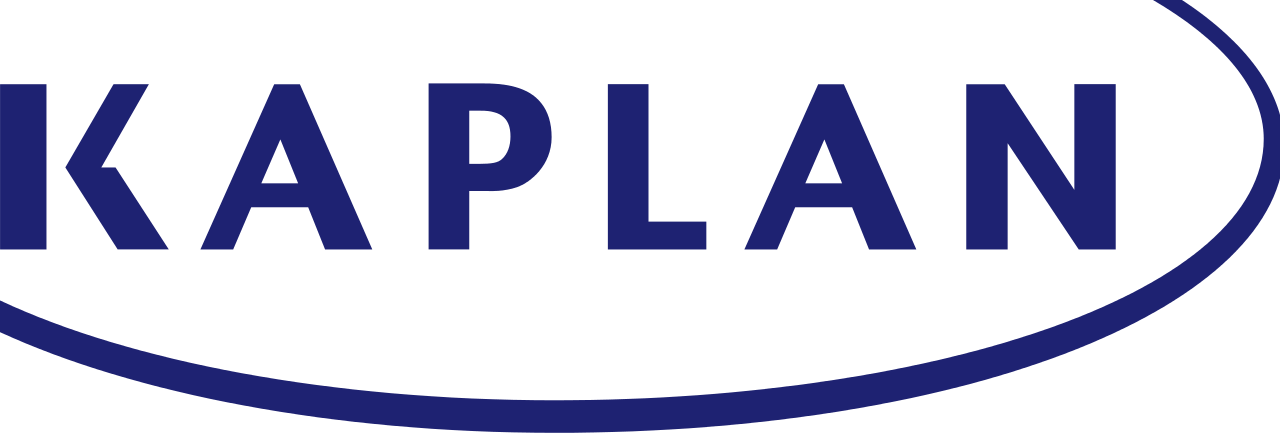
- Offers in-person or live online classes with experienced instructors.
- Nearly 10,000 official practice questions with detailed explanations.
- Provides 70+ full-length LSAT practice tests and 200+ quizzes.
- Proctoring tools: A strong point, offering insight into LSAT scoring tools.
- Three hours with instructors for personalized help.
- On-demand online library: Abundant digital materials for flexible study.
Key features of PowerScore LSAT:
- Choose between On Demand, Live Online, or In Person formats.
- Access over 30 hours of expert-taught pre-recorded lectures and 55+ hours of additional digital instruction.
- Utilize a database of 7000+ released LSAT questions for practice.
- Benefit from 92 LSAT practice tests, including 40 official LSATs and 52 designed by the platform.
- Receive tailored study plans, private tutoring, and 1×1 online sessions to address individual strengths and weaknesses.
PowerScore: How Is it Better Than Kaplan?
In my experience with Kaplan vs PowerScore, PowerScore outshines Kaplan in several key aspects. First, with 30 hours of expert video lessons and 92 practice tests, including official LSATs, PowerScore provides ample practice material.
Private Tutoring and tailored 1×1 sessions address individual strengths and weaknesses effectively. Even though there was an absence of a higher score guarantee, they compensated it with a free remedial class. Furthermore, PowerScore’s extensive content library and diverse support channels showcase its commitment to student success.
Kaplan: How Is it Better Than PowerScore?
In my view of PowerScore vs Kaplan, Kaplan outshines in a few key aspects. Kaplan offers live class sessions, giving me a chance to interact directly with experienced instructors. With over 10,000 official LSAT practice questions and 70+ full-length practice tests, I gained ample practice. The Smart Reports feature provided insightful feedback, fine-tuning my preparation.
Kaplan’s higher score guarantee, which is lacking in PowerScore, boosted my confidence. Moreover, the extensive on-demand library and one-on-one time with instructors were incredibly beneficial. While PowerScore offers many resources, Kaplan’s interactive classes, wide practice range, free practice, and higher score guarantee give it an edge over PowerScore regarding LSAT prep.
Pricing Comparison
Based on my research, pricing varies. As much as affordability matters, value for money does too. Comparing PowerScore and Kaplan pricing for LSAT prep is crucial.
Everyone has their own unique needs and wants in a learning environment. Knowing as much as possible about our options is crucial. In my experience, Kaplan seems pricier, but it offers extra resources. PowerScore is cost-effective with solid content.
The PowerScore LSAT Prices
PowerScore offers three main Prep LSAT Course options: On-Demand, Live Online, and In Person. The On-Demand Course is priced at $195/month and includes over 30 hours of video lessons, practice tests, and course materials.
The Live Online Prep Course costs $1395 and provides 70+ hours of instruction, weekly LSAT clinics, practice tests, and more. The In-Person Prep Course, priced at $1595, offers 70+ hours of live instruction in select cities, LSAT clinics, and materials.
Additionally, PowerScore provides two supplemental resources: Private LSAT Tutoring, which offers personalized online sessions, study plans, and expert-led videos, and Advanced Courses focusing on logic games and logical reasoning, featuring over 20 hours of on-demand content and access to an LSAT forum.
The pricing details for these resources may vary. Each course is led by experienced instructors with high scores. It’s a comprehensive range designed to suit different preferences and learning styles, offering flexibility and support for LSAT preparation.
Kaplan LSAT Prices
Kaplan offers different LSAT prep options to suit various preferences and study approaches. The On-Demand LSAT Course starts at $680, allowing me to study at my own pace. It includes a comprehensive 32-hour course, thousands of LSAT questions, and a personalized study plan.
For interactive learning, the Live Online LSAT Course begins at $1020, with flexible monthly payments. I can attend live lectures, ask questions privately, and access online resources like the LSAT Channel and practice tests.
If you prefer in-person interaction, the In Person LSAT Course starts from $1275 or as low as $107/month. With expert instructors, real-time Q&A, and online resources, this option is available in select cities.
For personalized attention, the Private & Premium LSAT Tutoring Packages start at $1700. Experienced tutors, online resources, and personal statement reviews help me excel. Each option caters to different learning styles and budgets, ensuring I have the best LSAT prep experience.
Quality of LSAT Test Prep and Learning Experience
When I delved into reviewing PowerScore and Kaplan LSAT, I wanted top-notch learning without breaking the bank. Through firsthand experience, I grasped their teaching excellence. Equally crucial, value for money proved pivotal. I discovered that both courses vary in approach and effectiveness.
PowerScore
Based on my experience, the PowerScore LSAT course offers valuable content, though some might find the video quality lacking.
The videos are informative but appear grainy, with occasionally muted audio. However, this didn’t bother me much because the content is dense and helpful. The study plan is customizable and aids in staying on track.
Many LSAT programs have similar plans, so this isn’t unique to PowerScore. The practice tests and questions are excellent, ranging from 1,300+ questions in the cheapest package to 7,000+ in the pricier ones.
Analytics help track performance. The online classes, designed to emulate the in-person experience, involve drills and interactive chats. Reviews suggest students enjoy online classes. The cost varies from $195/month to $1595, catering to different budgets.
Free materials and previews are available, including a trial LSAT exam from June 2017. Though the videos’ quality might deter some, the rich content, customization options, and vast practice resources make PowerScore LSAT a valuable choice.
Kaplan
In my experience with Kaplan LSAT, the learning quality and value for money are quite impressive. The on-demand course offers a comprehensive library of videos covering various topics, making it useful for both live and self-paced learners. The LSAT Channel provides in-depth video lessons for specific problem types, aiding those who need extra clarification.
The lesson format is engaging and interactive. In live online classes, instructors use a digital whiteboard and live chat for student interaction, creating a participatory atmosphere.
The LSAT study plan is structured, guiding through core sessions that break down into focused units. While some find the presentation lacking in visual appeal, the content compensates with its depth.
Kaplan’s value shines with over 60 practice tests and LSAC LawHub integration. The detailed Smart Reports after practice tests offer targeted feedback. Instructors, being top LSAT scorers, provide solid teaching and individual support. The course cost varies, but the money-back guarantee ensures satisfaction.
LSAT Books Comparison
Comparing LSAT books is vital. My exploration revealed that scrutinizing options helps find the best fit. Through personal tests, I learned content variance affects grasp. Active comparison aids in spotting superior strategies. I have learned from experience that diverse approaches enhance understanding. So, don’t skip this step — it’s key to LSAT success.
PowerScore
I’ve explored the PowerScore LSAT books lineup, and it’s quite the setup for conquering the LSAT.
They offer the 2023 LSAT Bible Trilogy and Practice Pack, which are like a secret weapon for acing the LSAT.
Then there are the LSAT Prep Guides, split into Logic Games, Logical Reasoning, and Reading Comprehension Bibles. These are goldmines for cracking each LSAT section.
And let’s not forget the LSAT Workbooks – the perfect companions to reinforce those Bible strategies. From Logic Games to Reading Comprehension, they’ve got it covered. Your journey with these materials will show they’re a winning ticket for LSAT success.
Kaplan LSAT
I’ve compared various Kaplan LSAT books to help you find the right fit. Let’s review them, starting with the “180 Practice Drills for the LSAT.”
“180 Practice Drills for the LSAT” stands out with 5,000 questions for focused skill improvement. It hones in on weak points in a practical way.
“LSAT Prep Plus 2022-2023” is digital-ready, including official LSAT questions and useful strategies. It offers online workshops too.
“LSAT Logic Games Prep 2022” is your Logic Games guru, with insights into recent LSAT trends.
“LSAT PrepTests 62-71 Unlocked” breaks down 10 real tests, pinpointing errors for smarter learning. Don’t forget “LSAT Prep Flashcards,” 400 quick cards to keep you sharp on the move. Get ready to conquer the LSAT!
Main Disadvantages of the Platforms
Considering the downsides of platforms is crucial. Both PowerScore and Kaplan LSAT have drawbacks. Through my experiments, I’ve seen that understanding these disadvantages helps pick what suits users best.
PowerScore
Based on my experience, the PowerScore LSAT prep course has notable downsides. The video presentations lack professional quality, often having lower-grade visuals and subpar audio that feels like a conference call recording.
On Yelp, a user remarked about their course with PowerScore’s VP, Jon Denning. Despite seeking help, Jon seemed too busy and unreliable, even offering to tutor but never following through. This left them ill-prepared for the LSAT.
I sympathize as they couldn’t utilize their $1400 properly and felt disappointed with wasted time and unmet promises. This instance sheds light on PowerScore’s lack of consistent support and follow-through.
Kaplan LSAT
Based on my experience, Kaplan LSAT has its share of significant drawbacks. The tutoring price is steep compared to other options, with no chance for a trial. Class sizes are big, sometimes thirty students. The instructors’ standards are lower, requiring just a 160 score, unlike other courses that demand 170.
A Yelp review mentioned a tutor, David Cohen, being unprofessional and uncertified. This situation led to a refund request due to a lack of available tutors. Shockingly, the receptionist revealed that Kaplan doesn’t require teaching certification for their instructors. This leaves students like my son without proper guidance for the LSAT exam.
FAQs
Is Kaplan better than PowerScore?
In my experience, I’ve found Kaplan and PowerScore to have distinct strengths. Kaplan’s approach suits my learning style with comprehensive materials. However, PowerScore’s targeted techniques also proved effective. Choosing depends on personal preference and study needs.
Should I use Kaplan or Princeton?
Based on my experiences, both Kaplan and Princeton offer valuable resources. My experiments have shown that Kaplan’s approach suits my learning style better, while in my experience, Princeton’s materials are comprehensive. I tried both and realized Kaplan’s methods engaged me more. Consider your learning preferences when choosing between the two.
Is the PowerScore good for LSAT?
PowerScore is a solid choice for LSAT prep. It offers effective strategies, practice materials, and expert guidance. My experiments have shown improved scores with their approach. It’s user-friendly and well-suited for those aiming to excel in the LSAT. I tried and realized its value in enhancing my skills. In my view, PowerScore is a beneficial tool for LSAT success.
Is Kaplan the best LSAT prep?
Kaplan often emerges as a strong contender for LSAT preparation. Its structured approach, practice materials, and expert guidance can prove helpful. However, personal learning preferences vary, so exploring other options like Princeton Review or self-study techniques is wise. Ultimately, success lies in finding the approach that suits you best.
